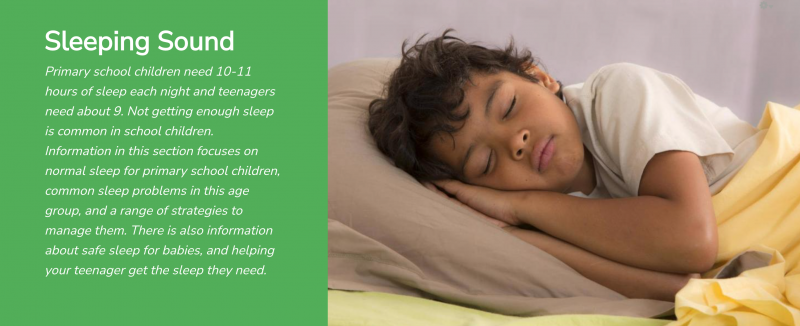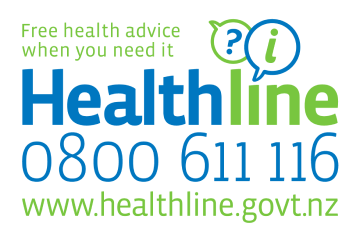Problems Getting To Sleep
Problems Getting To Sleep
There are many reasons why children wake up during the night. Find out about some of the most common ones.
Key points about sleep problems
- there are many reasons why children wake up during the night
- delayed sleep is when a child goes to bed later than they should
- some children are unable to go to sleep at the start of the night or fall back to sleep overnight without a special thing or activity
- bedtime resistance is when children stall or refuse to go to bed at the right time
- children with insomnia have difficulties falling asleep, staying asleep or waking up early in the morning
- anxiety can prevent some children from getting a good night's sleep
- children with restless legs have an uncomfortable feeling in their legs when trying to fall asleep or during the night
This page is about sleep in primary school children. It's part of a whole section on sleeping sound.
What is 'delayed sleep'?
This happens when a child goes to bed later than they should. Your child may:
- complain that they can't fall asleep
- be unable to wake up by themselves in the morning and
- often be tired in the morning
Your child falls asleep late and wakes up late. They often need to be woken up by someone else. During school holidays or on weekends your child will:
- go to bed late and generally sleep well overnight
- wake up by themselves but often late in the morning and
- have enough sleep overall
Find out how to manage delayed sleep.
What is 'sleep association'?
Some children are unable to go to sleep at the start of the night or fall back to sleep overnight without a special thing or activity. This is called sleep onset association disorder and can stop children getting to sleep too. Key features are:
- your child needs something (such as music or a certain toy) or someone (for example, mum or dad) to get to sleep at the start of the night and/or fall back to sleep overnight and
- if that something or someone is not there, they will not be able to get to sleep at the start of the night or fall back to sleep overnight
Find out how to manage sleep association.
What is 'bedtime resistance'?
This happens when a child stalls or refuses to go to bed at the right time. Your child will:
- have difficulty getting to sleep
- get in and out of bed or call out a lot and
- once asleep, sleep well and wake up often later in the morning
Find out how to manage bedtime resistance.
Does anxiety cause sleep problems?
We do not really know how common anxiety is as a cause of sleep problems in school children, but it is probably common. Children with anxiety may:
- lie in bed worrying about things
- tend to stay in their bed rather than getting in and out of bed all the time and
- tend to be a 'worrier' in general about life
Find out how to manage anxiety as a cause of sleep problems.
What sleep problems does insomnia cause?
Children with insomnia have difficulties falling asleep, staying asleep and/or waking up early in the morning. Children with insomnia may:
- worry during the day about being unable to fall asleep or stay asleep
- seem to try hard to fall asleep at bedtime but seem to fall asleep easily at other times (for example, when watching television)
- seem tense at bedtime and
- be tired during the day
Find out how to manage insomnia.
What are 'restless legs'?
Children with restless legs have an uncomfortable feeling in their legs when trying to fall asleep or during the night. Children with restless legs may:
- describe the uncomfortable feeling as a 'creepy/crawly' or 'pulling' feeling, or as 'growing pains'
- move around a lot in bed to try to stop the uncomfortable feeling
- walk or pace around at bedtime
- be unable to sit still for a long time and
- be tired or cranky the next day due to lack of sleep
Find out how to manage restless legs.
See more KidsHealth content on sleeping sound
This page last reviewed 15 March 2023.
Do you have any feedback for KidsHealth?
If you have any feedback about the KidsHealth website, or have a suggestion for new content, please get in touch with us.
Email us now

